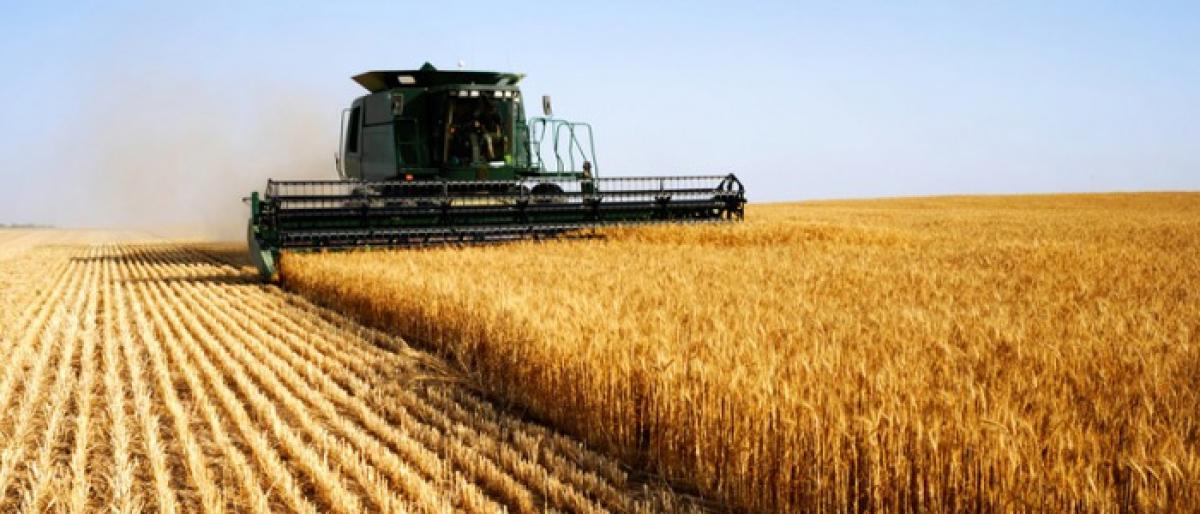Live
- Black Friday 2024: Top Gadget Deals You Can’t Miss – iPhone 16 for Rs 72,900 and More
- Some politicians attempting to divide Hindus for votebank: Former UP Minister
- Bangladesh's Deposed PM Sheikh Hasina Condemns Arrest of Hindu Leader Chinmoy Krishna Das, Demands Immediate Release
- Telangana DGE Revises SSC Exam Fee Payment Schedule for 2025
- ESA Proba-3 Mission Launch on ISRO's PSLV-XL Rocket: December 4, 2024
- MP Priyanka’s debut: Posts featuring Rahul, Kharge win hearts on social media
- 2025 Bollywood Movie Release Dates: Shahid Kapoor’s Deva in January to Alia Bhatt’s Alpha in December
- Shivraj Chouhan tells officials to ensure farmers get high quality fertilisers, seeds and pesticides
- Preamble of Constitution describes India’s collective spirit: Gopalkrishna Gandhi at Constitution Day lecture at JGU
- Centre to offload 25 lakh tonnes of wheat in open market to bring down price









